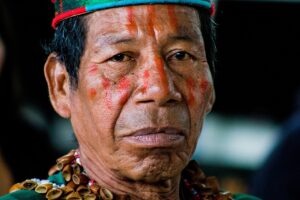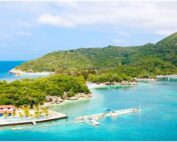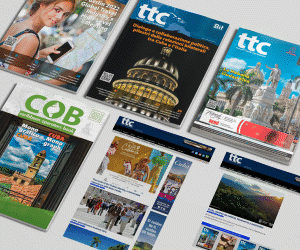TTC Special: World Tourism, Making way for indigenous culture

Pixabay/DanielAcosta2d
By Frank Martin
Indigenous people around the world are a source of unique regional culture and history. Furthermore, and probably because of this, its customs attract international tourism.
There are many examples of the importance of these ancestral sectors. In Canada, for example, there is an extensive program under the title “Original Original” to help travelers identify truly indigenous experiences and their values.
The Indigenous Tourism Association of Canada helps travelers identify tourism experiences and allows wildlife viewing tours and the way of life of the original population.
This national tourism of each region is not, according to specialists, a phenomenon of spectacle or simple curiosity, but is capable of bringing into contact customs of populations that were sometimes separated by prejudices for long centuries.
In Chile, for example, a National Indigenous Tourism Association (ANTI) launched the Indigenous Tourism Seal last December, born from a project led by researchers from the Pontifical Catholic University of that South American country.
Experts believe that the project it is still in its infancy and warn that it “only evaluates authenticity and not preparation for the tourist market.”
That is, it defends human culture in contact with the most authentic tourist experiences.
According to those who defend such activity, indigenous populations project the knowledge and wisdom of peoples who in other situations have been separated or discriminated against.
In other cases, such as Mexico, Chile and New Zealand, this tourism profile is advancing in its early stages.
A study by the National Autonomous University of Mexico and the Pontifical Catholic University of Chile stated in 2019 that the indigenous peoples of Latin America have been involved in the development of tourism, in one form or another.
Its members are dedicated to various tasks related to the tourism expansion
In the last two decades, cultural diversity is differentiated with languages, traditions, customs, arts, vision of the world and forms that enrich human beings.
However, specialists on the subject believe that in many cases tourists have been left alone for a long time to determine the authenticity of the experiences promoted as indigenous people.
That is why they are committed to the existence of a program like the Australian Respect Our Cultures, which has largely had the objective of regulating non-indigenous tour operators.
However, the new approach that is emerging is, instead of policing bad actors, to celebrate and encourage indigenous entrepreneurs who offer genuine cultural experiences.

MORE NEWS










